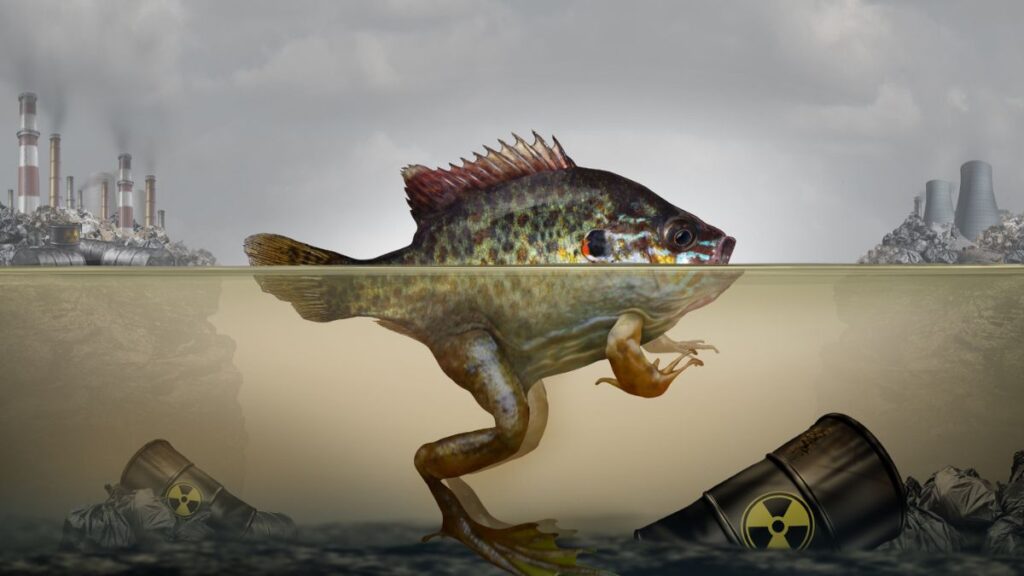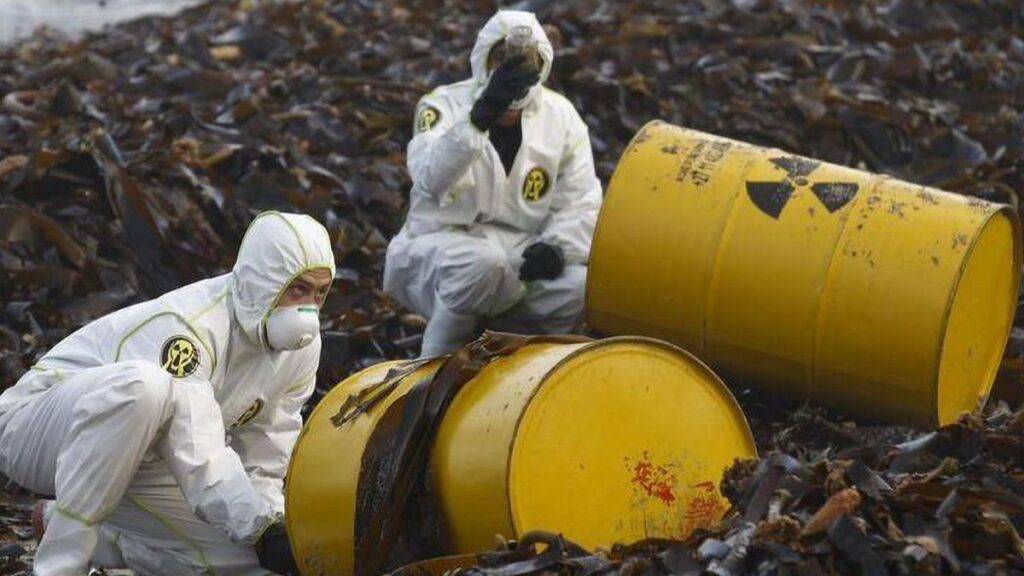The radioactive wastes have always been stored in a very precise manner so that there is no risk of radiation exposure or contamination of the environment whatsoever. Radioactivity follows a downtrend with time, so high-level wastes are highly recommended to be stored for approximately 50 years before final waste disposal. Low-level wastes are disposed of safely without any problem at various locations.
Such waste disposal offers several additional barriers to separating the trash from both man and the environment. Given that companies like skip hire Stretford deal with radioactive and hazardous materials, another important contribution to solving the problems of waste disposal management is to take proper care that such materials are handled and disposed of in a manner that keeps environmental and health risks as low as possible. In this article, we’ll explain the impact of radioactive waste disposal.
Genetic Mutations
Radioactive waste disposal, more so radiation, causes immense damage to genetics because of its effects reaching the DNA level. Radiation causes DNA strand breaks, which in turn may cause mutations in several ways that could appear gradually. The amount and types of radiation exposure would determine the intensity of genetic mutations. A high dosage of radiation would make gigantic changes to DNA, which would later cause a variety of health disorders. When radiation falls on living organisms, including human beings, in high quantity, then all that happens is that the radiant energy gets absorbed into their bodies. Since energy cannot be destroyed, therefore the absorbed energy keeps acting inside the body for a certain period, causing damage.

Causes Disease
Exposure to radioactive pollution is closely associated with the emergence of various serious diseases. The most common one is cancer, which has a direct association with long or high-level exposure to radiation. Other health problems possible from radiation exposure include anaemia, leukaemia, haemorrhages, and cardiovascular diseases. These conditions arise because of the cumulative effects that radiation exerts on the tissues and cells of the body, impairing their functions and hence creating health problems over the long term. Continuous radiation exposure may cause aggravation of these disorders, hence requiring early detection and management if afflicted.
Soil Infertility
Soil infertility arises due to improper waste disposal of radioactive material, which may pose a serious contamination of the soil, making it highly toxic and incapable of fertility. The radioactive materials in the waste might combine with some of the soil components to create chronic pollution. These contaminations hamper the growth of plants because plants that flourish in these types of soils can take up radioactive materials. Radiation accumulates in the plants and, eventually, spreads into the food chain when the herbivores feed on them. Similarly, carnivores that eat the herbivores also eventually get exposed to radiation, a factor that increases the likelihood of diffuse ecological and health consequences.
Radioactive Pollution and Cell Damage
Radioactive pollution is disastrous for the cells of living organisms. The cell is the basic unit of life; it is the structural and functional unit, performing some specific function in tissues and organs. Radiation destroys such cells- and, consequently, tissues and organs- irreversibly, to such a degree that severe diseases start showing up or death takes place due to an extraordinary dose of radiation. Moreover, the changes in cellular functions produced by radiation lead to permanent health issues; therefore, management methods and appropriate means of waste disposal become very important to lessen such risks.
It ranges in its scope from the results of genetic integrity and serious diseases to soil contamination and widespread cell damage. In many ways, all of these require very safety-conscious, closely monitored, and researched methods of problem-solving to minimize the negative impact of radioactive pollution.
Impact on Aquatic Life
Water bodies are the most sensitive to waste disposal of radioactive waste. Radioactive elements leached into rivers, lakes, and oceans change the chemical composition of the water, thereby affecting the aquatic ecosystem. These harmful materials are absorbed by marine organisms, both fish and plankton, becoming part of the larger food system. Due to the creation of this higher state of bioaccumulation, contamination becomes widespread and could result in a decimation of entire ecosystems. Generally, consumption of such contaminated seafood exposes man to internal exposure to radioactive elements, hence increasing the health hazards.







